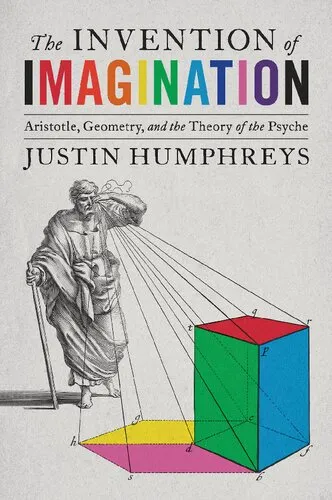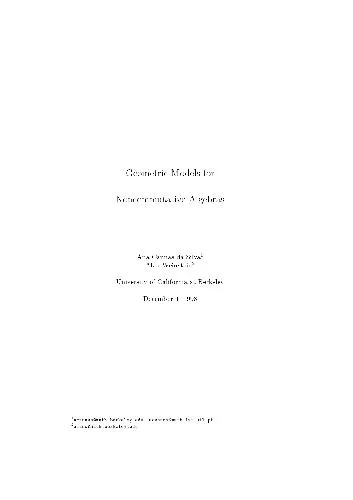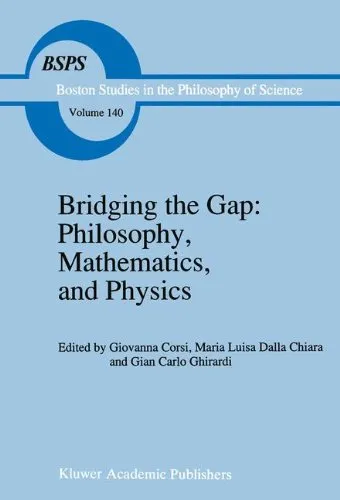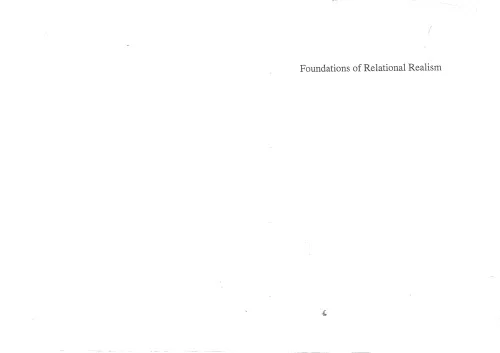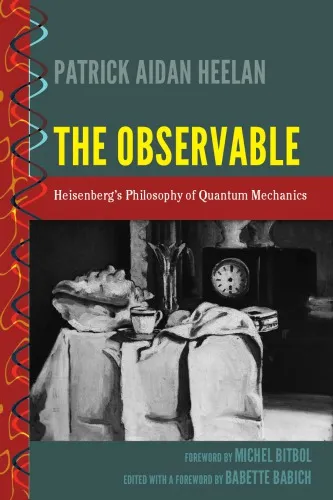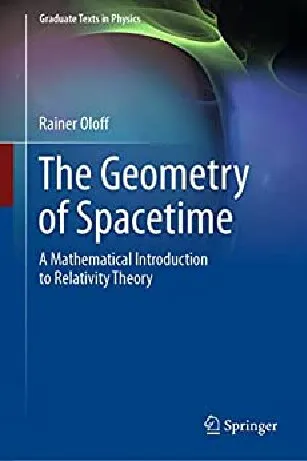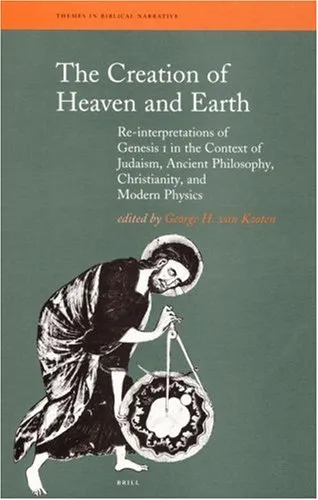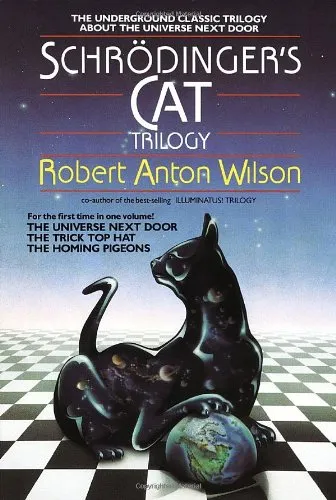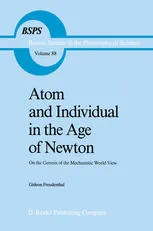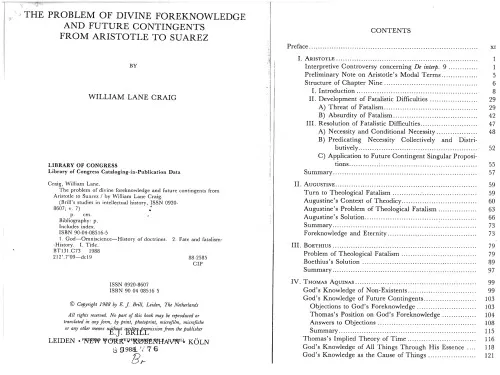The Invention of Imagination: Aristotle, Geometry and the Theory of the Psyche
4.6
Reviews from our users

You Can Ask your questions from this book's AI after Login
Each download or ask from book AI costs 2 points. To earn more free points, please visit the Points Guide Page and complete some valuable actions.Related Refrences:
Introduction to "The Invention of Imagination: Aristotle, Geometry and the Theory of the Psyche"
In this groundbreaking book, "The Invention of Imagination: Aristotle, Geometry and the Theory of the Psyche," I invite readers on a profound journey into the philosophical and psychological origins of human imagination. By delving deeply into the works of Aristotle, exploring the elegance of geometry, and synthesizing these with the emerging frameworks of the human psyche, this work reignites timeless questions about creativity, perception, and the mind's limitless potential. If you’ve ever wondered where imagination originates or how the ancient philosophers conceptualized the foundations of the human mind, this book will provide both answers and new avenues of curiosity.
Detailed Summary of the Book
At its core, this book examines the philosophical and intellectual lineage of imagination, tracing its conceptualization back to Aristotle's foundational ideas. Aristotle's philosophy, which anchors much of Western thought, considered imagination (or "phantasia") not merely as an abstract phenomenon but as a pivotal component of how we process reality, bridge knowledge, and generate insights. By integrating his theories with concepts from classical geometry, we uncover the structural aspects of imagination—tools by which the mind creates order, symmetry, and thought from a chaotic sensory world.
These ideas are then juxtaposed with modern understandings of psychology and the psyche, pulling from fields such as cognitive science and psychodynamic theory. The book aims to tether ancient philosophical views with modern theories, suggesting that imagination is not just a mental pastime but an evolutionary cornerstone of human cognition and innovation.
Readers will encounter not only an academic exploration but also practical applications of these philosophical ideas. Through examples from art, literature, and science, the book illustrates how imagination has shaped societies and advanced progress throughout history. Sections are dedicated to literary traditions that extended Aristotelian imagination, alongside famous case studies of visionary figures in history whose imaginations transformed the world.
Key Takeaways
- Imagination is both a philosophical and psychological construct that bridges sensory experience and abstract thought.
- Aristotle laid the groundwork for our understanding of imagination, viewing it as an essential intermediary between perception and knowledge.
- Geometry and mathematical constructs mirror the processes of the imagination, creating order and meaning from perceived chaos.
- The study of imagination continues to inform modern views on creativity, problem-solving, and human innovation.
- Imagination is not just an individual phenomenon but a communal force that has historically shaped art, science, and civilization.
These key insights demonstrate the enduring relevance of Aristotle's ideas when examined through the lenses of both ancient philosophy and contemporary science. The book also challenges readers to rethink how imagination influences their own cognition, creativity, and interactions with the world.
Famous Quotes from the Book
"The imagination is where reason meets wonder—a laboratory of the mind that builds bridges between reality and possibility."
"Aristotle’s imagination was far more than fancy; it was a machine of thought, assembling the known into something greater, the unknown."
"Just as geometry provides structure to shapes unseen, so too imagination provides clarity to thoughts unspoken."
These carefully crafted reflections capture the essence of the book’s exploration into the role and scope of imagination in human life.
Why This Book Matters
In a time where creativity and innovation are prized more than ever, understanding the mechanics of imagination holds both academic and practical significance. "The Invention of Imagination" steps into this dialogue by drawing on the insights of one of history's greatest thinkers—Aristotle—and enriching them with interdisciplinary perspectives.
Machines may imitate human behavior, but imagination remains a uniquely human phenomenon that resists mechanization. This book serves as a timely reminder of how imagination underpins everything from empathy to invention. By recognizing its philosophical origins and psychological functions, readers are empowered to cultivate their own creative potential more consciously. Moreover, educators, psychologists, and thought leaders can view this book as a guide to fostering imagination, whether in individuals or in societal systems.
Ultimately, this work moves beyond theoretical deliberation, posing imagination as a powerful tool for progress and a source of profound personal insight. By rediscovering the intellectual and emotional dimensions of imagination, readers will not only uncover its historical significance but also embrace its relevance in navigating the complexities of the modern world.
Free Direct Download
You Can Download this book after Login
Accessing books through legal platforms and public libraries not only supports the rights of authors and publishers but also contributes to the sustainability of reading culture. Before downloading, please take a moment to consider these options.
Find this book on other platforms:
WorldCat helps you find books in libraries worldwide.
See ratings, reviews, and discussions on Goodreads.
Find and buy rare or used books on AbeBooks.
1339
بازدید4.6
امتیاز0
نظر98%
رضایتReviews:
4.6
Based on 0 users review
Questions & Answers
Ask questions about this book or help others by answering
No questions yet. Be the first to ask!
